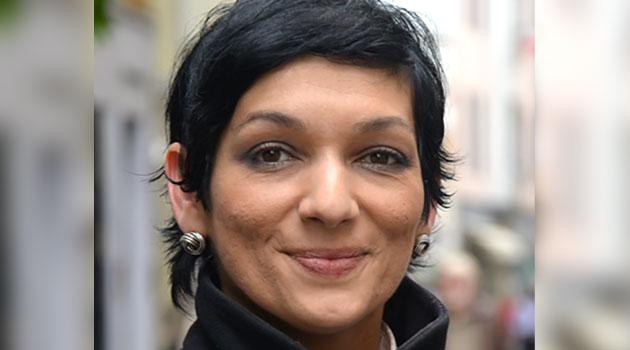Slovakia has elected its first female President - Čaputová thanks voters in Romanes again

Anticorruption activist and lawyer Zuzana Čaputová has become the first female President of Slovakia, defeating her opponent, Vice-President of the European Commission Maroš Šefčovič, 58.4 % to 41.6 % in the second round. The Slovak Statistical Bureau reported the result on its website.
Čaputová, who is pro-European, succeeded in the elections by running a non-confrontational campaign. In the Catholic country she made no secret of her liberal opinions about the opportunity for same-sex couples to adopt children.
“Maybe we believed decency in politics was beginning to be a display of weakness, but today we see that it can even be our strength. Let’s not take pleasure in our opponents’ loss, let’s look to the future,” she said in her first speech after her opponent conceded.
“Let’s find what we have in common. Let’s lift ourselves up above the fight for personal credit by cooperating on a better Slovakia,” the President-elect said.
VIDEO
Čaputová thanked voters not just in Slovak, but also in the languages spoken by the country’s national minorities, including Czech and Romanes. Her first visit abroad as President will be to the Czech Republic.
“I perceive the Czech Republic to be our brothers. I respect Czech President [Miloš] Zeman as the legitimately elected President,” she answered a journalist’s question.
The question was even asked in the first place because Zeman had received a visit from her opponent last week and wished him success in the elections. Čaputová also told the press she will be losing some of her privacy as President.
“What I care greatly about, and what there is do doubt that I want to keep control of, is that I am a Mom first and foremost and I want to remain one,” said the divorced mother of two daughters, who also has a boyfriend. She has no experience of high politics.
Last week Čaputová resigned her post as vice-chair of Progressive Slovakia, which she joined at the end of 2017 and which is not seated in Parliament. She was supported during her campaign by outgoing Slovak President Andrej Kiska, whose five-year term will close in mid-June and who preferred not to run for a second term.
In her campaign, Čaputová identified herself as a symbol of change and called for a fair and just Slovakia. That demand was voiced after last year’s murder of the journalist Ján Kuciak and his girlfriend sparked the biggest demonstrations in the country since the fall of communism in 1989.
Her victory also means yet another failure for the strongest governing party, Směr-sociální demokracie (“Direction-Social Democracy” – Směr-SD) of former Prime Minister Robert Fico, who supported her opponent. Směr-SD lost significantly in the 2016 parliamentary elections and in the subsequent local and regional elections.
Fico also lost to Kiska during the deciding round of the presidential elections in 2014. Fico resigned last year as PM in the interest of addressing the political crisis that arose after Kuciak’s murder.
Čaputová repeatedly contrasted herself to Směr-SD during her campaign and, just like Kiska, has also rejected Fico’s ambitions of becoming a Constitutional Court justice. In Slovakia, Parliament chooses a broad list of candidates for those posts from which the Slovak President then chooses and nominates the justices.
